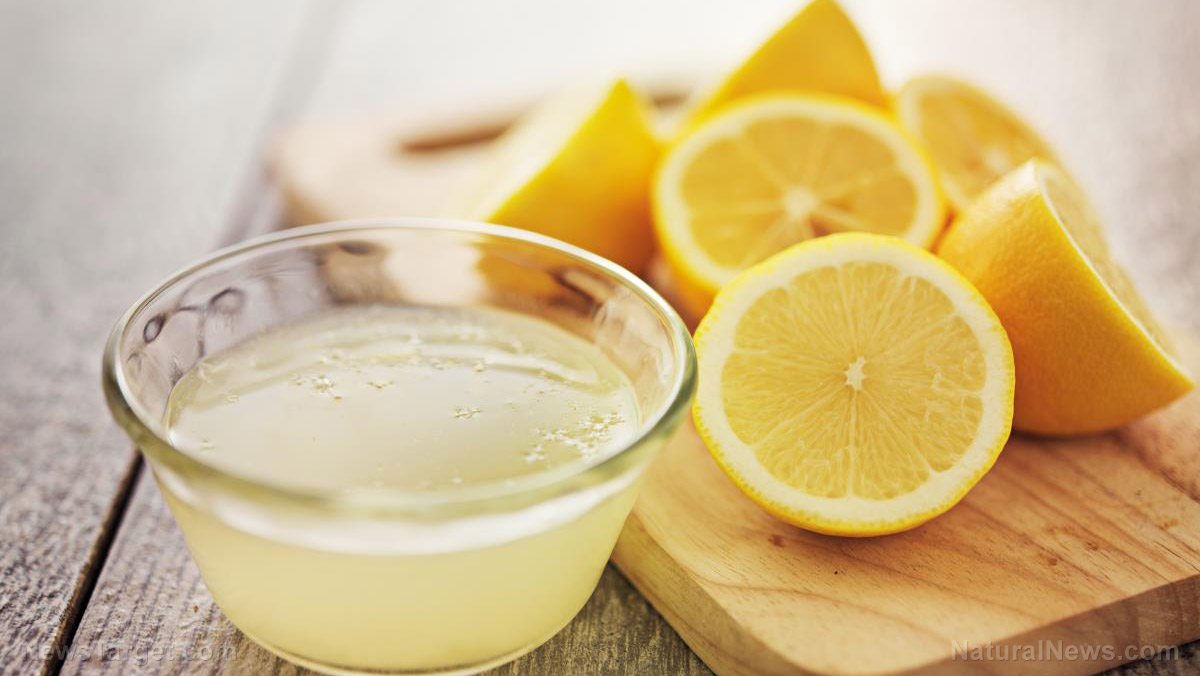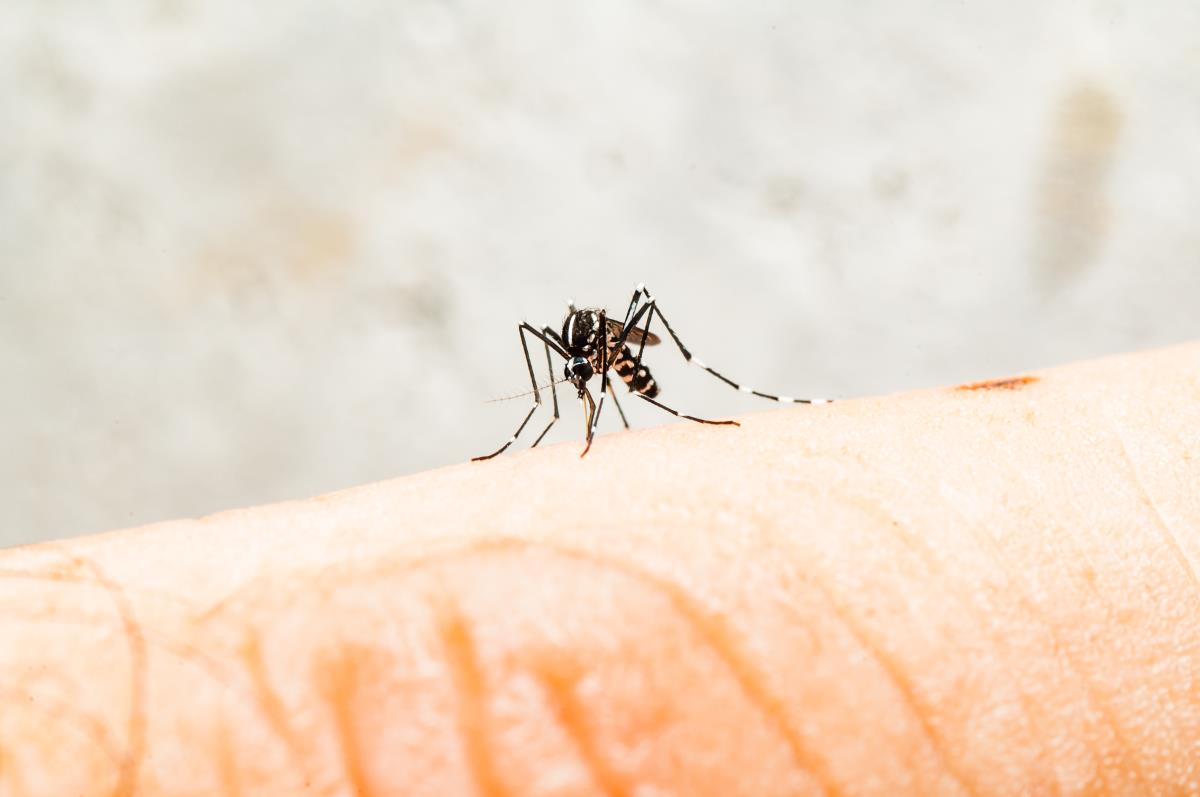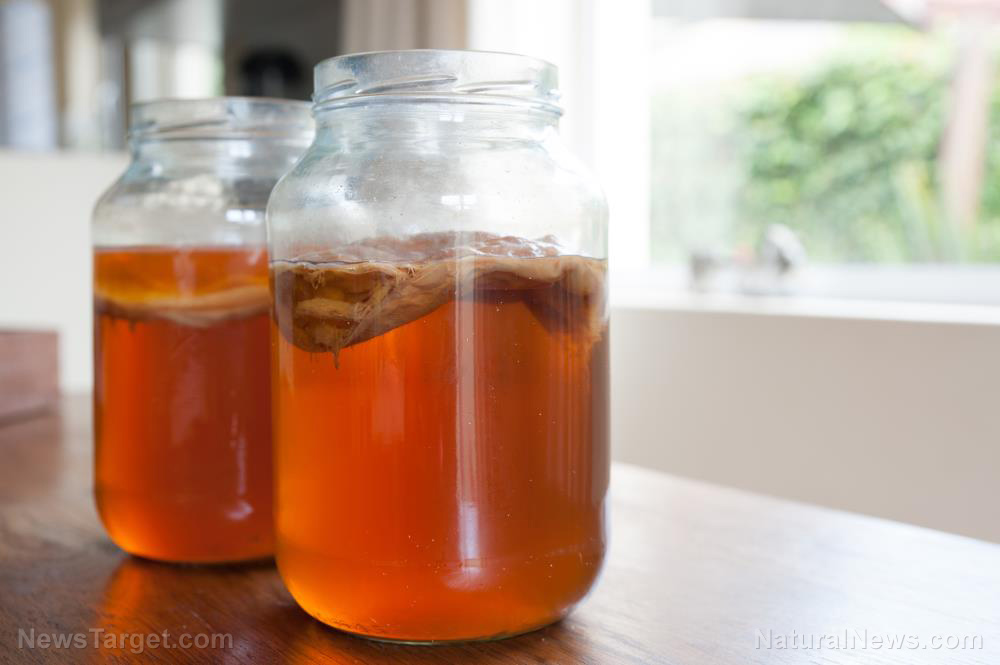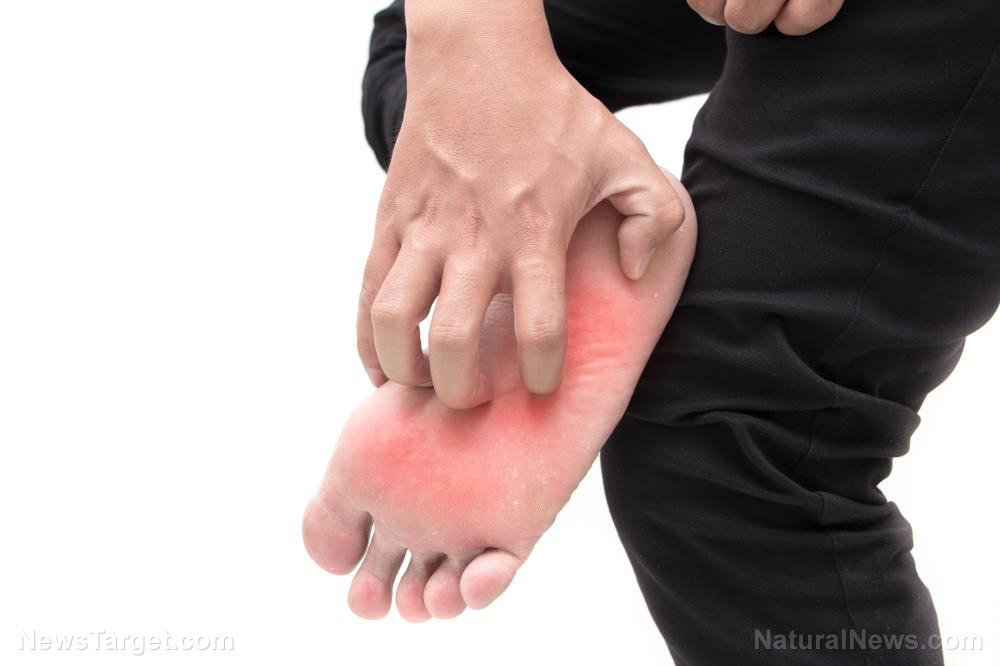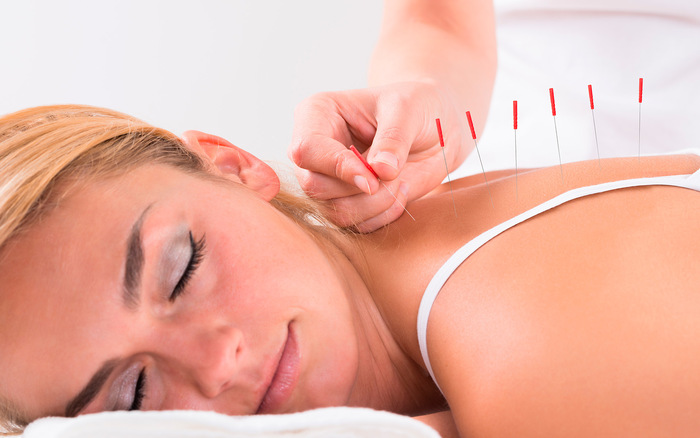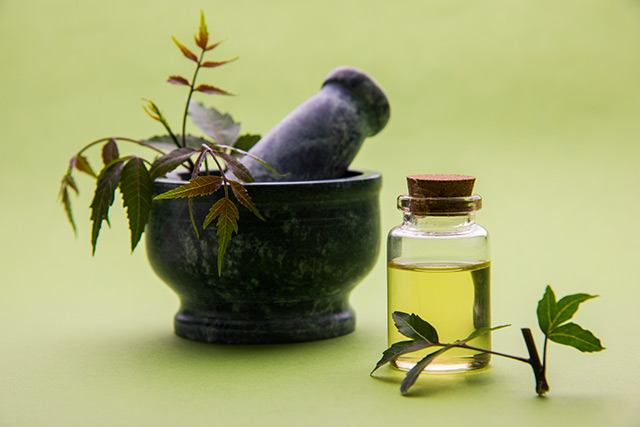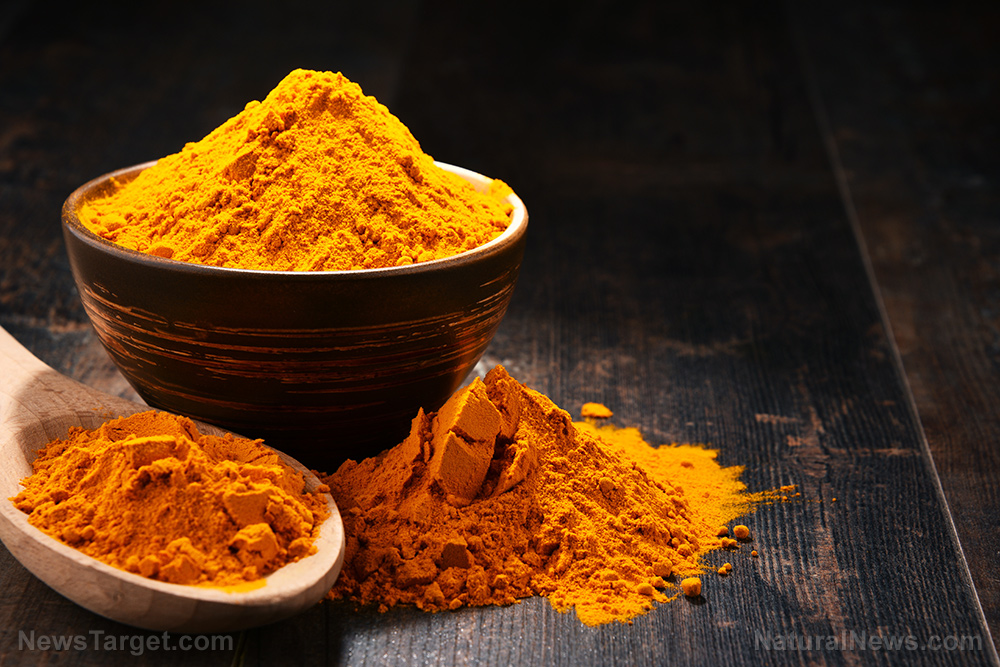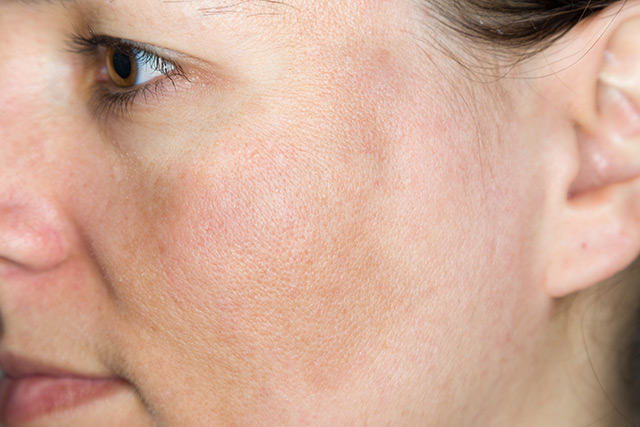How can postmenopausal women reduce their anxiety? Science shows bitter orange and lavender are useful natural treatments
10/08/2018 / By Ellaine Castillo
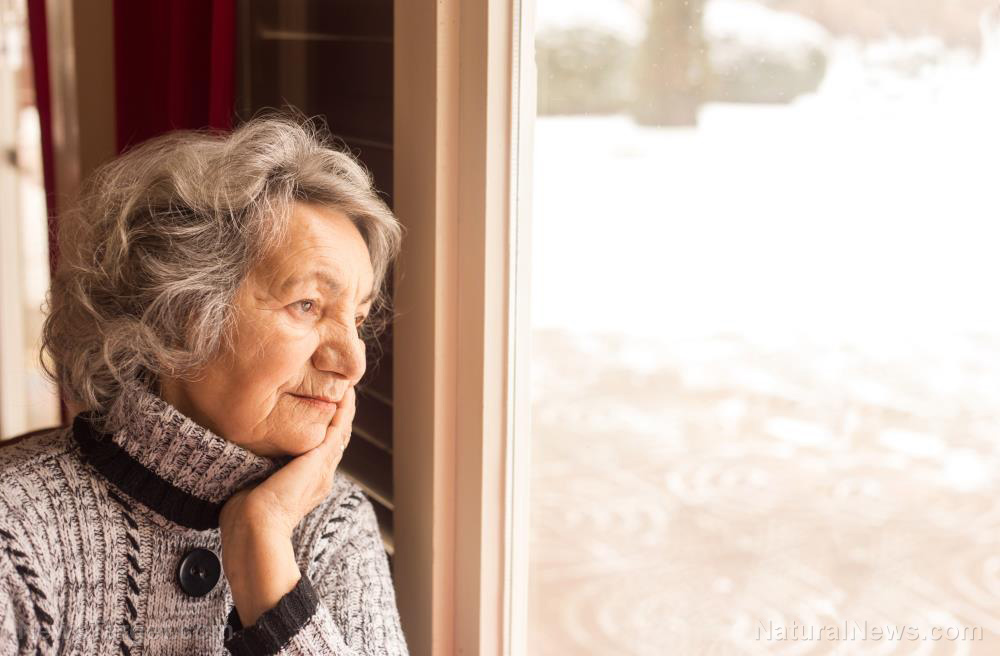
Menopause is a part of every woman’s life. Unfortunately, it is not a very pleasant experience since it comes with many symptoms, such as mood swings that can progress into depression. A study, published in the International Journal of Women’s Health and Reproduction Sciences, revealed that lavender (Lavandula angustifolia) and bitter orange (Citrus aurantium) can be used to treat menopause-induced depression.
Women typically undergo menopause between 45 to 55 years old. At this point, menstruation and ovarian activity stop, which are associated with reduced levels of the following hormones: estrogen, progesterone, testosterone, follicle-stimulating hormone (FSH), and luteinizing hormone (LH).
Menopause is often accompanied by symptoms caused by hormonal imbalance. These include hot flashes, night sweats, irritability, anger, and depression.
In this study, the researchers focused on finding an effective natural remedy for depression in menopausal women. Depression is a serious mental illness, not just in menopausal women, that can lead to more problems if left untreated. These can include disrupted social functions, loss of sleep and appetite, low energy, and even suicidal tendencies.
Depression can be treated through hormonal therapy and relaxation therapy. However, hormonal therapy has been shown to cause more complications like thromboembolism, gallstones, cerebral stroke, breast cancer, and endometrial cancer. Antidepressants also cause unwanted side effects, such as anticholinergic effects, reduced systolic blood pressure (orthostatic hypotension), and irregular heartbeat (arrhythmia). This is why herbal remedies for depression are now being pursued.
The researchers analyzed lavender and bitter orange as potential herbal remedies for menopausal depression since previous studies have shown that these have anti-anxiety properties. Although anxiety is different from depression, it can serve as one of its symptoms.
The research team determined the effectiveness of lavender and bitter orange using a trial with 156 menopausal women as participants. Throughout the eight-week trial, significant improvements were observed in participants that took either lavender or bitter orange capsules, compared to those in the control group. Additionally, no significant difference was observed between participants taking lavender and bitter orange capsules.
The percentage of participants who experienced good recovery are 83.4 percent for bitter orange; 83.7 percent for lavender; and 43.8 percent for the control, with the highest satisfaction exhibited by participants who took bitter orange (79.2 percent). Although there were instances of nausea, headaches, and palpitations for all groups, they were less frequent for those given lavender and bitter orange.
“Considering the positive effect of bitter orange and lavender in reducing depression in menopausal women, they can be used as a complementary medicine in depressed patients,” the researchers concluded.
This shows that herbal remedies have great potential as alternative and complementary medicines for patients with depression, especially since they are effective, accessible, and safe. (Related: Natural herbs that battle both depression and anxiety.)
Lifestyle changes for treating depression
There are other ways to improve depression in menopausal women. These include lifestyle changes, such as:
- Getting enough sleep – Getting adequate rest is important for reducing depression and anxiety so try to get a good night’s sleep. However, menopausal women find it hard to fall asleep due to uncomfortable symptoms like hot flashes and night sweats. One way to make it easier to fall asleep is sticking to a sleep schedule so that the body can get used to slowing down at a specific time to prepare for sleep.
- Exercising – Including exercise in your daily routine relieves stress and provides a boost of energy and happiness. As much as possible, exercise should be done five times a week, for 30 minutes per session.
- Joining support groups – Socializing with women who are experiencing the same things can help reduce stress and improve mood by serving as a reminder that you are not going through these things alone and that other people understand.
Learn more about herbal remedies that can be used to treat menopausal depression by visiting WomensHealth.news today.
Sources include:
Tagged Under: alternative medicine, Anxiety, bitter orange, Citrus aurantium, depression, herbal medicine, Lavandula angustifolia, Lavender, menopausal depression, Menopause, natural cures, natural healing, remedies, women's health

